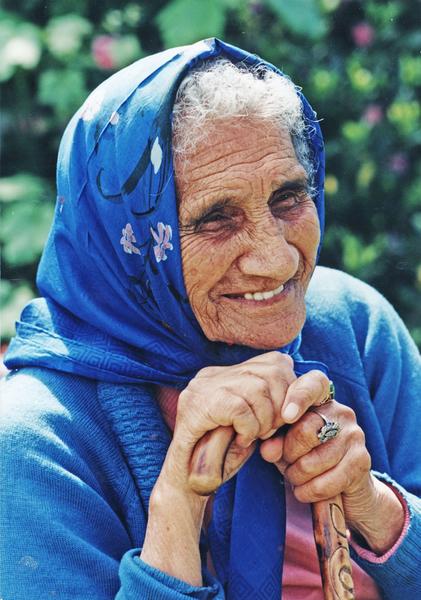To be a leader one doesn’t have to lead a big number of people; one must have mastered how to lead themselves. Leaders and their followers often have the same sort of motive and attitude towards the world unless of course the followers follow the leaders unwillingly. Leaders take pride in their job to lead others to complete certain tasks. Leaders don't have to be employed by the Government or the people of the country; they can be people who take charge during daily tasks that involve other people. Many people might think that all leaders are confident speaking in front of masses of other people. I think otherwise; not all leaders started out confident, many of them would still be fighting worries and fears about their job to lead others. Leaders encourage and provide advice to their followers and to those who need it. What we must remember is that NO leader is perfect; everyone has their flaws.
An example of a great New Zealand leader is Dame Whina Cooper. Whina Cooper was born in northern Hokianga, 1895. Whina became a great leader within the Northern Hokianga district and its people by participating in various local affairs. Dame Whina Cooper was most famous for the march ending at Parliament in Wellington and starting in Te Hāpua (which is in the far North). However; what inspired the New Zealanders that watched the march the most was the fact that an eighty year-old woman was indeed leading the march. Subsequent to the arrival of the 5,000 marchers that arrived at Parliament in Wellington, Whina conferred a petition which 60,000 people endorsed. Whina Cooper was one of the many great people who abetted setting up Maori development schemes within the northern Hokianga area. 40,000 hectares of land had been allocated to Maori development schemes thanks to the hard work and dedication of Dame Whina Cooper and many others. Whina supervised a couple of these many schemes. But when further loss of Maori land occurred Whina decided to march. After her second husband died, Whina conveyed her life to Auckland. Whina became part of Maori Women’s Welfare League in which she was authority president. By the mid 1950’s; a couple years after her husband’s death, the organisation had bygone 300 branches and 4,000 partakers. Maori’s who had newly moved to the Auckland area were facing daily bigotry against being hired and their housing and what the Maori Women’s Welfare League had bettered the lives of many Maori’s.
Dame Whina Cooper delegated a lot of her time and effort to correct the issues of Maori land loss. What Dame Whina Cooper did left us forever in her dept especially those who got to keep their heritage because of her.

No comments:
Post a Comment